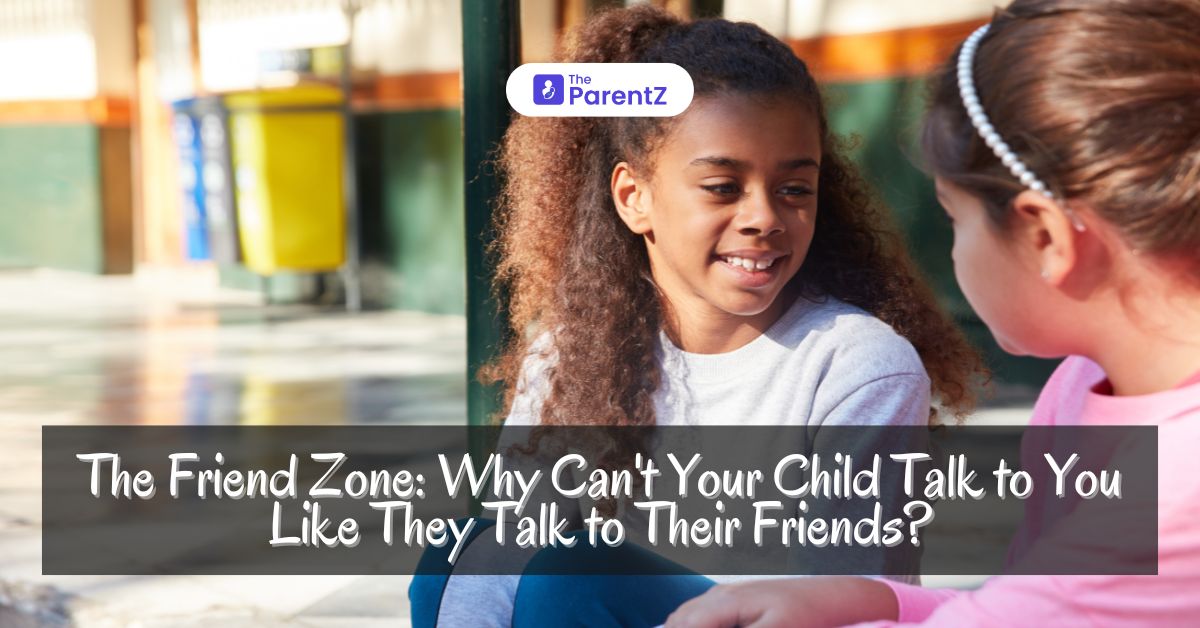As parents, we dream of having that close, open relationship with our children. We envision them confiding in us about everything, from scraped knees to broken hearts. But sometimes, reality sets in, and we find ourselves on the outside looking in, yearning to understand the world that seems so easily accessible to their friends. Why can’t they just talk to us like they talk to them?
Understanding the Teenage Tightrope
Teenagers walk a precarious tightrope between childhood and adulthood. They crave independence, yet still need the safety net of their parents. This period is marked by a surge of hormones and the blossoming of their social identities. Friends become their confidantes, sharing secrets, worries, and the latest slang in a way that feels effortless. It’s important to remember, this doesn’t diminish your importance.
Challenges of Opening Up
Opening up to a parent can be daunting for a teenager. Here’s why:
- Fear of Judgment: Teenagers are fiercely self-conscious. Sharing vulnerabilities leaves them open to criticism, disappointment, or even anger.
- Power Dynamics: The parent-child relationship inherently has a power dynamic. Teenagers might fear consequences or lectures disguised as “advice.”
- Privacy vs. Secrecy: Teenagers crave privacy, a space to navigate their own thoughts and feelings. Sometimes, the line between privacy and secrecy can blur, leaving parents feeling left in the dark.
Parenting Styles and Communication
Our parenting styles can significantly impact how readily our children communicate with us.
- Authoritarian: Strict rules and harsh punishments create an environment of fear, making teenagers hesitant to share anything that might lead to disapproval.
- Permissive: A complete lack of boundaries can leave teenagers feeling unsupported and lacking guidance, hindering their ability to navigate tricky situations.
- Authoritative: The sweet spot lies in a balance of clear expectations, open communication, and unconditional love. This fosters an environment where teenagers feel safe to share their experiences, even when they mess up.
Respecting the Need for Privacy
It’s okay for your child to have a private life. They are growing into their own individuals, and that includes developing personal thoughts and feelings. Trying to be their best friend and pry into every aspect of their life can be counterproductive.
Building a Bridge, Not a Wall
So, what can you do to build a bridge of communication instead of a wall of silence?
- Focus on Active Listening: Listen attentively without judgment. Let them know you’re truly interested in what they have to say.
- Be Approachable: Cultivate a calm and welcoming demeanor. Avoid being critical or dismissive, even if you disagree.
- Initiate Open-Ended Conversations: Skip the yes/no questions. Ask questions that encourage them to elaborate on their thoughts and feelings.
- Respect Boundaries: Don’t pry. If they seem closed off, respect their privacy and let them know you’re always there for them if they need to talk.
- Lead by Example: Share your own vulnerabilities and experiences, letting them know it’s okay to not have all the answers.
Remember
- Building trust takes time: Don’t expect instant results. Be patient and consistent in your efforts.
- Focus on the Journey: The goal isn’t to know everything. It’s to create an environment where they feel safe and comfortable communicating with you.
- It’s a Two-Way Street: Communication is a skill that needs practice from both sides. Be open to hearing things you might not like, and be prepared to offer support without judgment.
Moving Forward
Let’s move away from the “friend zone” metaphor. Your child isn’t excluding you; they’re navigating a complex developmental stage. By understanding their needs and fostering open communication, you can build a strong, trusting bond that will last throughout their lives.
Embrace the journey, and remember, a supportive and understanding parent is a treasure that no friend can ever replace.








Be the first one to comment on this story.